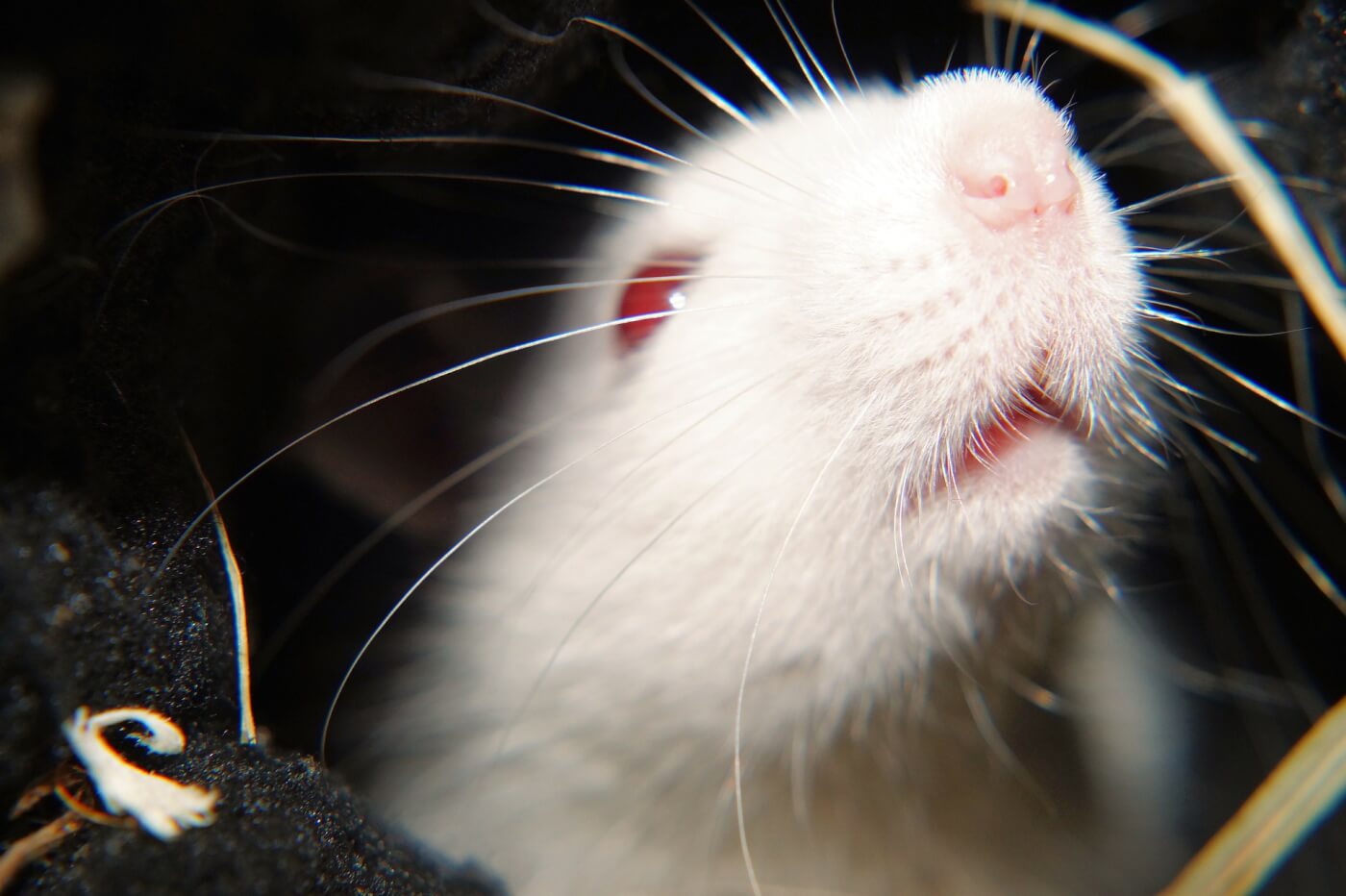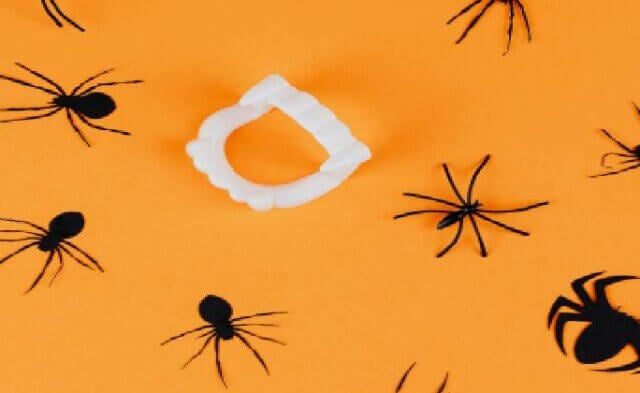By Emily R. Trunnell
Scientists do it to test antidepressants, but it’s fantastically cruel—plus it doesn’t even work
Depression is a horrible illness that attacks the mind from the inside, filling sufferers with self-doubt as it saps both vitality and sometimes even the will to live. It’s the leading cause of disability among those between ages 15 and 44, affecting about 16 million adults nationwide.
So it’s logical that the major American drug companies—Eli Lilly, Pfizer, AbbVie and Bristol-Myers Squibb—are trying to develop medications to treat it. We’d like to think that these billion-dollar corporations have unleashed the most brilliant minds in science on a mission to be the first with a new miracle treatment.
But what do they actually do?
Among other tests, they drop rodents into beakers of water and watch as the panicked animals frantically kick and claw to keep from drowning until, finally, they stop and float.
It’s called the “forced swim test” (FST), and it is both fantastically cruel and a calamitous flop.
It was developed and popularized (to use a generous definition of the word) in 1977. In it, a mouse is given an antidepressant drug and then dropped into a beaker that is partially filled with water. The mouse has no chance of escaping. The experimenter then records the amount of time that the animal spends struggling versus the amount spent floating. Experimenters attribute the floating condition to an animal who has “given up,” whereas a longer time spent struggling indicates a less depressed mouse.
It’s bunk.
The anthropomorphic assumption that a floating mouse has “given up” or has become depressed has been one of many criticisms of the test in scientific reviews in the 40 years the FST has been conducted. In numerous reviews, scientists have argued that the test actually shows learned energy-saving and adaptive behavior but nothing about depression.
For instance, in a 2015 review, researchers in the Netherlands concluded, “There is no single sign or symptom of depression modeled” in the test. Furthermore, another review noted that there is “little similarity between the clinical symptoms of depression in humans and the behaviors measured in the test.” Why? According to this review, it is because “depression reflects a chronic subjective emotional state rather than a reaction to an individual stimulus.”
In other words, the forced swim test probes apples for signs of oranges. Meanwhile, thousands of animals—at least 5,461 mice, 1,066 rats, 748 gerbils and 305 guinea pigs, based on studies published by those four companies—have suffered needlessly in laboratories.
But surely some good must have come from four decades of this torture, right?
No.
PETA scientists have found that in the 30 years from 1989 to 2018, experimenters gave animals 47 different test drug compounds and subjected them to the FST—and 36 of them showed promise based on the invalid interpretation of the test. But exactly zero of those are now on the market to treat human depression.
Not a single one.
It’s time for the drug companies and all experimenters to stop using the FST. It’s bunk science—a useless waste of time and money. Above all, it’s needlessly cruel.
Millions of Americans suffer from depression. They need and deserve a reliable treatment. If drug companies stop dropping mice into water, they might actually find one.
Emily R. Trunnell, PhD, is a neuroscientist and research associate for People for the Ethical Treatment of Animals (PETA).







